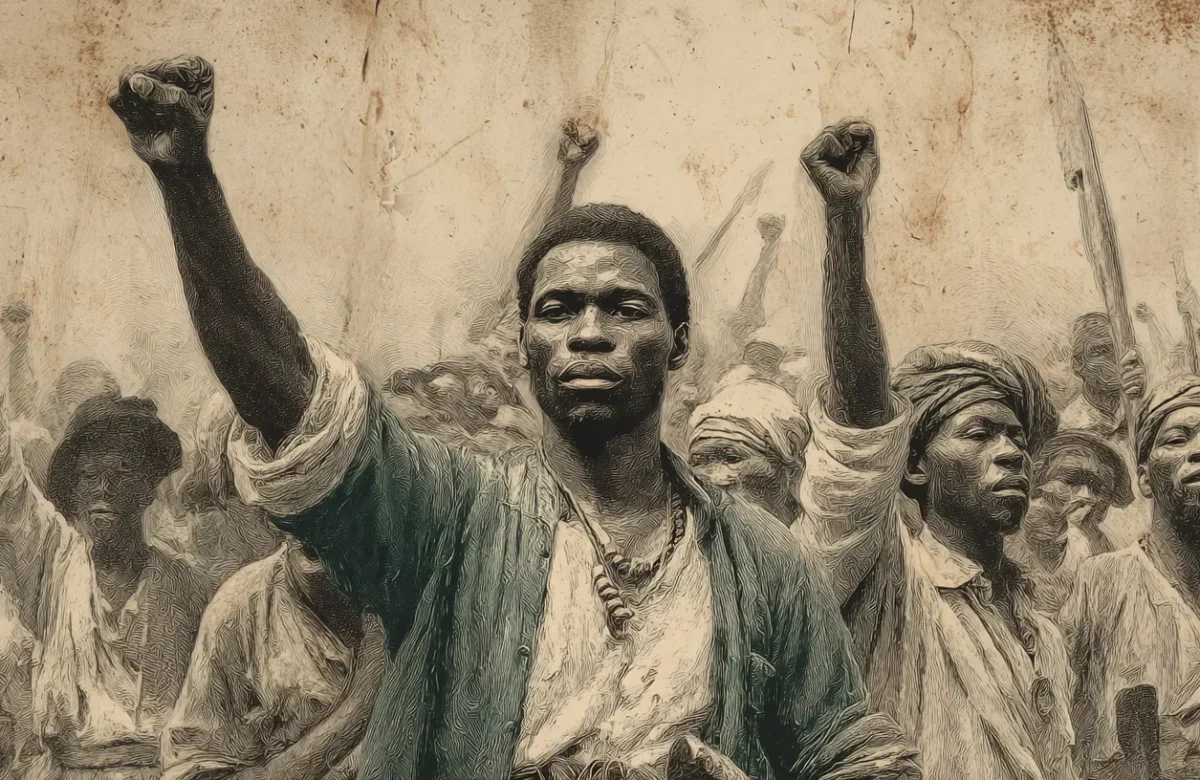
In a continent shaped by oral tradition, archiving is often misunderstood as passive preservation. But deciding what to keep and what to forget is deeply political.
At The House of Seshat, we treat every piece of knowledge as contested space: a chance to challenge silence, restore memory, and reframe our collective understanding of the past. In a continent shaped by oral tradition, archiving is often misunderstood as passive preservation. But deciding what to keep and what to forget is deeply political. At The House of Seshat, we treat every piece of knowledge as contested space: a chance to challenge silence, restore memory, and reframe our collective understanding of the past.
In a continent shaped by oral tradition, archiving is often misunderstood as passive preservation. But deciding what to keep and what to forget is deeply political. At The House of Seshat, we treat every piece of knowledge as contested space: a chance to challenge silence, restore memory, and reframe our collective understanding of the past.In a continent shaped by oral tradition, archiving is often misunderstood as passive preservation. But deciding what to keep and what to forget is deeply political. At The House of Seshat, we treat every piece of knowledge as contested space: a chance to challenge silence, restore memory, and reframe our collective understanding of the past.In a continent shaped by oral tradition, archiving is often misunderstood as passive preservation. But deciding what to keep and what to forget is deeply political. At The House of Seshat, we treat every piece of knowledge as contested space: a chance to challenge silence, restore memory, and reframe our collective understanding of the past.In a continent shaped by oral tradition, archiving is often misunderstood as passive preservation. But deciding what to keep and what to forget is deeply political. At The House of Seshat, we treat every piece of knowledge as contested space: a chance to challenge silence, restore memory, and reframe our collective understanding of the past.
In a continent shaped by oral tradition, archiving is often misunderstood as passive preservation. But deciding what to keep and what to forget is deeply political. At The House of Seshat, we treat every piece of knowledge as contested space: a chance to challenge silence, restore memory, and reframe our collective understanding of the past.In a continent shaped by oral tradition, archiving is often misunderstood as passive preservation. But deciding what to keep and what to forget is deeply political. At The House of Seshat, we treat every piece of knowledge as contested space: a chance to challenge silence, restore memory, and reframe our collective understanding of the past.In a continent shaped by oral tradition, archiving is often misunderstood as passive preservation. But deciding what to keep and what to forget is deeply political. At The House of Seshat, we treat every piece of knowledge as contested space: a chance to challenge silence, restore memory, and reframe our collective understanding of the past.In a continent shaped by oral tradition, archiving is often misunderstood as passive preservation. But deciding what to keep and what to forget is deeply political. At The House of Seshat, we treat every piece of knowledge as contested space: a chance to challenge silence, restore memory, and reframe our collective understanding of the past.



